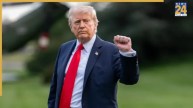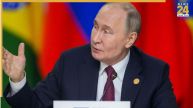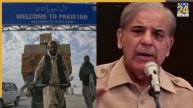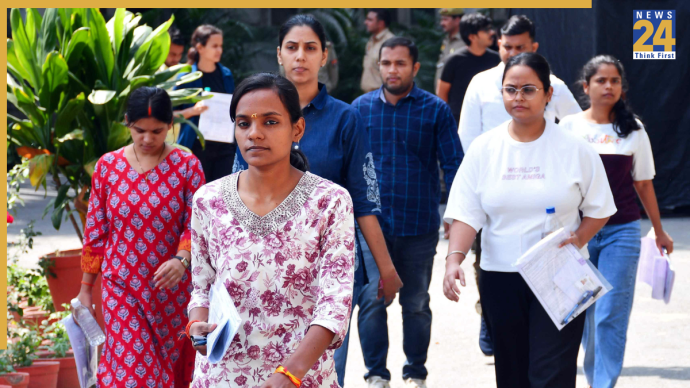The US State Department stated that exchanging congratulatory messages between two foreign leaders, such as Narendra Modi and Taiwanese President Lai Ching-te, is a part of diplomatic business amidst China’s protest over the greetings.
State Department Spokesperson Matthew Miller told reporters at his daily news conference on Thursday that he would say such congratulatory messages are the normal course of diplomatic business.
He responded to a question about China’s protest over Modi’s comment, in which Modi expressed his anticipation of forging closer ties with Taiwan following his victory in the recently concluded Lok Sabha elections.
Also Read: 4 Indian Students Lose Lives In St. Petersburg Drowning, Repatriation Process Initiated
On Wednesday, Modi made his remarks in response to a congratulatory message from Taiwan President Lai Ching-te on his election victory.
In a message posted on X, Lai, who was elected as Taiwan’s President last month, said: ‘I extend my sincere congratulations to Prime Minister @narendramodi on his election victory. We anticipate enhancing the fast-growing #Taiwan-#India partnership, expanding our collaboration on trade, technology, and other sectors to contribute to peace and prosperity in the #IndoPacific.’
Modi posted his reply on X, stating: ‘Thank you @ChingteLai for your warm message. I eagerly anticipate closer ties as we work towards a mutually beneficial economic and technological partnership.’
Addressing a media briefing, Chinese Foreign Ministry spokesperson Mao Ning on Thursday objected to the exchange between the Indian and Taiwanese leaders, insisting that New Delhi should resist Taiwan authorities’ “political calculations”.
China views Taiwan as a rebel province that must be reunified with the mainland, even by force. Mao Ning stated that China opposes ‘all forms of official interactions between the Taiwan authorities and countries having diplomatic relations with China. There is but one China in the world. Taiwan is an inalienable part of the territory of the People’s Republic of China.’
Also Read: Saurabh Netravalkar’s Old Video Singing ‘Om Namah Shivaya’ Goes Viral After Heroics Against Pakistan












